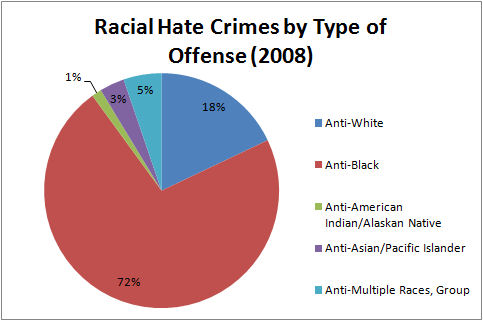
Caught this on my Facebook this morning:
Asian women targeted in Lower Manhattan
All of the victims were attacked in lower Manhattan in and around the Baruch Houses. Surveillance video shows five teens entering the scene of one attack that happened on March 31 at the Gompers Houses at 90 Pitt Street. Two of the teens are female; three are male.
In the most recent incident, a 68-year-old woman was assaulted on Tuesday in front of 247 East Broadway at about 11 p.m.
Police say all of the victims have been Asian and between 50-71 years old.
At first, I thought this was a copycat of the sick rapist in California who was targeting Asian females for sexual assault and rape last year — but, no, this is a completely different kind of fucked up: teenagers beating up elderly Asian mothers and grandmothers. How twisted do you have to be to think that this is a fun Friday evening activity for you and your tween posse?
The tragic fact about hate crimes is that the statistics are probably a woeful under-estimate of the actual number of hate crimes that occur on a day-to-day basis in this country. Victims are often reluctant to report minor crimes, and law enforcement officials also may fail to recognize a violent crime as a hate crime.
Further, Asian Americans may be reluctant to report a hate crime, for a variety of reasons. The Japanese American Citizens League lists these possible reasons for hate crime underreporting in the APIA community in their (phenomenal) guide to hate crimes in the Asian American community, When Hate Hits Home.
Even though many police departments are set up to investigate hate crimes, incidents of hate crime reporting involving Asian Pacific American victims is seriously underreported to the police. Reasons for this include:
-
Immigrant victims may face language and cultural barriers to filing police reports.
-
Immigrant victims are often unfamiliar with American law and fearful of law enforcement.
-
Some victims are afraid that by reporting hate-related attacks, it will draw attention to them and make them vulnerable to further attacks.
-
Some victims believe that their complaints will not be taken seriously by the police, or worse, that the police will persecute them for reporting incidents
While understandable, this response to a hate crime actually disadvantages both the individual victims of a hate crime and the community in general. Silence in the wake of a hate crime can make it appear as if our community isn’t being victimized by hate crime perpetrators — diverting important preventative resources from our community — and it can actually embolden offenders to act again and more violently.
The FBI’s 2008 hate crime statistics show that 3% of race-based hate crimes were enacted against Asian American Pacific Islanders, but I wonder how closely this reflects what’s really happening to our community on the streets?
